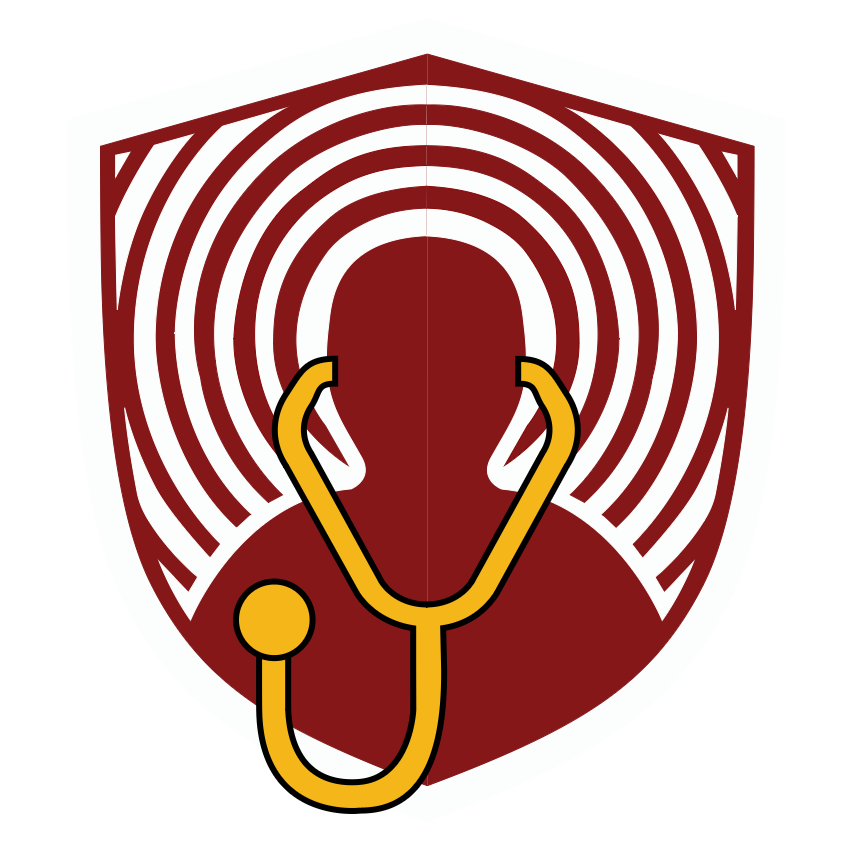READI Response - Tutorials
Services
READI provides various coverages, use the links below to learn more about the coverage provided by READI.
-

READI Response
Providing comprehensive accident investigations on-site.
-

READI Collect
Providing rapid on-site drug and alcohol testing.
User Instructions
-
User Instructions5.7mb
Outlines general user functionality
Team Manager Tutorials
Team Managers can add subscribers (users who are covered by READI Response and can request services such as incident investigations, pay for coverage, and manage their users' coverage. Teams can also be set up to manage a group of responders (for instance incident investigators) who provide services within READI Response.
-
Team Registration1:15
Initial team registration and setup
-
Team Configuration2:55
Login process and completing your team's profile
-
Creating an Incident2:50
Manually creating an incident on the web
Team Member Tutorials
Using the videos below you can learn more about READI Response, and how you (as a team member requesting services) can create, manage, monitor, and complete an incident .
-
Requesting Service via the app 1:24
Creating an incident in the mobile app
-
Monitoring Service via the app 1:29
Monitoring an incident in the mobile app
Investigator Tutorials
Using the videos below you can learn more about READI Response, and how you (as a responder providing services) can respond to an incident and complete your services.
-
Investigator Set Up 4:21
Responder account set up
-
Completing an Incident via the app 4:09
Completing service via the mobile app
FAQs
-
What is READI?
READI is based on a patented technology that connects a nationwide network of professional investigators, drug and alcohol specimen collectors, attorneys, and roadside repair companies to our patented mobile app.
READI and platform were developed by Kevin W. McClain, a highly qualified and experienced accident investigator.
To know more about READI here.
-
What services does READI provide?
READI provides various coverages:
- READI Response provides comprehensive accident investigations on-site
- READI Repair provides fast and reliable on-site repairs (to come in 2026)
- READI Collect provides rapid on-site drug and alcohol testing.
- READI Legal provides fast attorney client connection so you have a dedicated legal team on your side from the very beginning (to come in 2026).
-
How do I sign up and use READI?
To learn more about how the READI platform works, click below to view the READI User Instructions.
-
How do I get covered by READI?
You just simply need to Sign Up Here to create a new company or team in READI and then get the READI app on all of your team members.
Please check our Videos above and follow through with all the videos provided there.
-
How do I join READI as a responder?
If you are interested in joining READI as an accident investigator, drug and alcohol specimen collector, go to READI Collect - Register to Our Network and complete your registration. Here is a tutorial video that should help 3. RC New Collector Tutorial (FINAL).mp4 - Google Drive. If you have any questions please contact READI for more information. Contact us today for more information.
If you are a team manager of a responder network (collectors, investigators…) you would sign up and add your team as collectors/responders role.
To better understand the process, please watch our MODULE 2: CREATING USERS tutorial.
To better understand the whole process of how READI system works, we suggest that you go through all the training videos at the top of this page.
-
How do I contact READI?
If you have any questions, feel free to reach out to us here.
-
How do I create/request an incident response?
The primary way an incident is created and a responder requested is through the READI App. An administrator of a company can create an incident from the web portal where they can create an incident, assign a reporter (person/driver that had an accident or is in need of a reasonable suspicion test), and this will send out a request to all local responders.
To better understand the process, please watch our Requesting A Collection Tutorial Video above.
-
How much does coverage cost?
READI Collect the drug and alcohol collector network has an annual subscription fee Click on the Pricing link above to see our current pricing.
-
Do I need READI coverage?
To better understand why you need READI coverage, please WATCH THIS VIDEO.